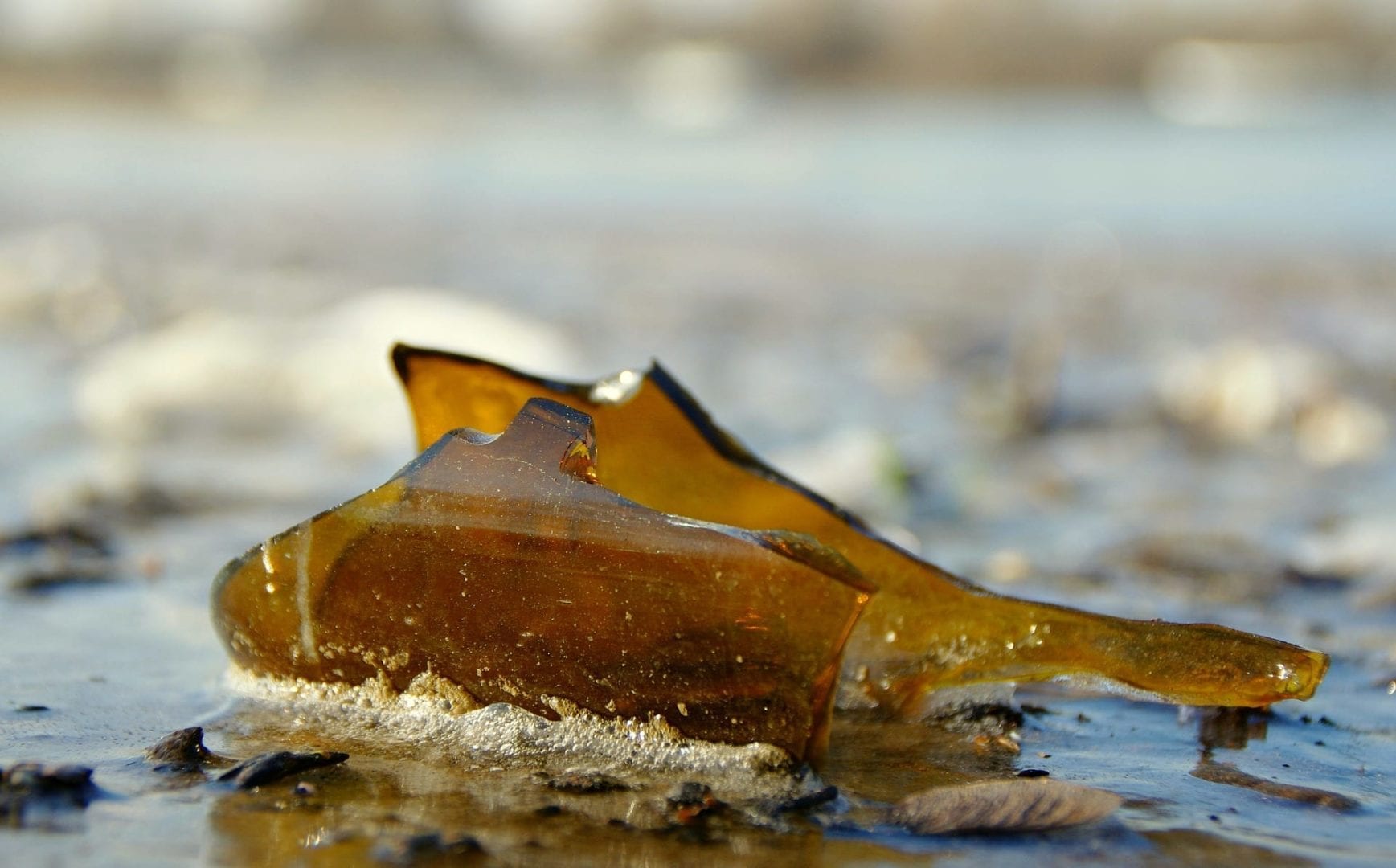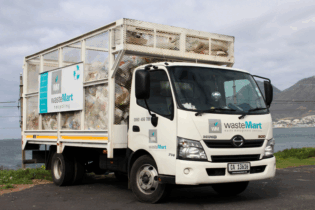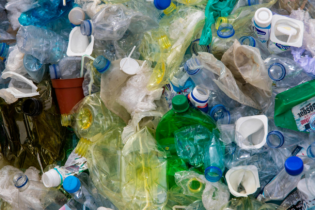
Glass bottles and pieces of paper bags have entered the top ten list of pollutants for the first time in 20 years. Picture: Pixabay
This annual event, which took place in September this year, was the 20th of its kind and was dedicated to the memory of Nelson Mandela. The event, which is part of the industry’s
Clean-Up and Recycle Week SA, brought out members from the packaging streams, provincial governments, local municipalities, environmental organisations, businesses, schools and the community.
John Kieser, sustainability manager of Plastics|SA and coordinator of the clean-ups in the Western, Eastern and Northern Cape provinces, said that 9 243 volunteers helped to clean up litter from beaches, rivers and water sources in these three provinces this year.
Kieser said that “2016 saw more clean-ups taking place in areas where little or no area cleansing is done by local authorities, whilst large groups of school children also participated in organised clean-ups around the provinces”.
Data integral to clean-ups
Plastics|SA and Ezemvelo KZN Wildlife have spent the past eight weeks compiling and analysing the sheets that were filled in by the coordinators and volunteers during the clean-ups. This information was fed to Ocean Conservancy for inclusion into an annual report that provides the world’s only item-by-item, location-by-location snapshot of marine debris.
“The use of data is becoming an integral part of our clean-up campaigns and education as it affords us a valuable assessment into the scale of debris pollution affecting the South African aquatic environment,” Kieser explained. “A positive outflow of the last few years’ clean- ups is the use of site data in awareness and education, as well as allowing us to act pro-actively when it comes to addressing materials of concern within a specific area.”
Changing landscape of macro pollutants
While plastic micro debris that is smaller than 2,5 cm in diameter continues to be the biggest culprit when it comes to beach litter, glass bottles and pieces of paper bags have entered the top ten list of pollutants for the first time in 20 years. Cigarette butts continue to be a major problem.
“This year’s results have also shown a marked increase in the number of paper bags used by the fast food industry, food wrappers and multi-layered crisp packets collected along the coast line,” Kieser said. “Whilst plastic litter continues to be highly visible on our beaches, we were pleased to see that the presence of plastic PET bottles and bottle tops have declined for the first time in many years.
“This is an early indication to us that the concerted efforts made by industry bodies such as PETCO and POLYCO to increase industry participation in recycling efforts as part of extended producer responsibility, is starting to bear fruit,” Kieser added.
Industry involvement helps create awareness
Kieser explained that clean-ups have allowed for greater awareness and monitoring of the problem.
“We are definitely seeing more people in Africa – and specifically in southern African – who are mindful of the dangers of marine debris thanks to the ongoing commitment and work being done by organisations such as Ocean Conservancy, the United Nations Environmental Program (UNEP), the National Oceanic and Atmospheric Administration (NOAA), Plastics|SA and partners,” he said. “Another positive result of the ICC is the increase in clean-ups taking place at rivers and estuaries this past year, with many of these sites now enjoying monthly clean-ups by members of the community.”
Kieser said that as public participation in the event continues to grow, this will lead to an increased in the amount of material that is directed from landfill to being recycled into new products with a second life.
“In recent years, we have seen numerous new inventions entering the market made from plastic removed from the marine environment, ranging from jeans and clothing to top-end athletic shoes,” Kieser said.
He added that the ICC “continues to be the largest citizen science project and volunteer effort for ocean health worldwide and we would be delighted to see many more concerned people taking part in next year’s 21
st year of participation when we head out to beaches around the country on Saturday, the 16th of September 2017.”








